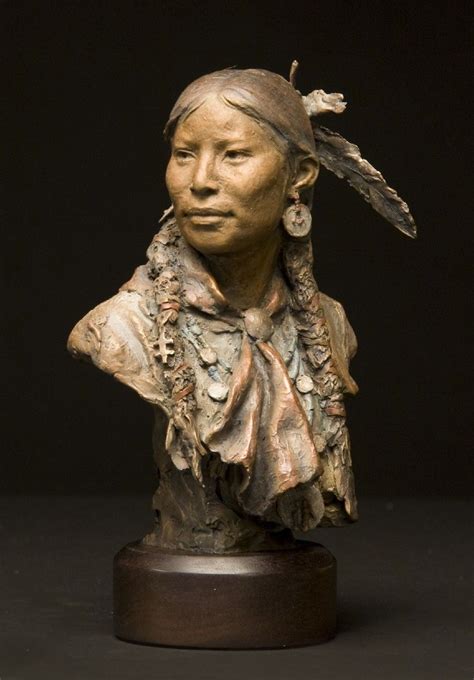A Quote by Oscar Wilde
The worst slave owners were those who were kind to their slaves
Related Quotes
Just as the worst slave-owners were those who were kind to their slaves, and so prevented the horror of the system being realized by those who suffered from it, and understood by those who contemplated it, so, in the present state of things in England, the people who do most harm are the people who try to do most good.
All you have to do is go back to slavery - days, and there were two types of slaves, the house slave and the field slave. The house slave was the one who believed in the master, who had confidence in the master and usually was very friendly with the master. And usually he was also used by the master to try and keep the other slaves pacified.
There were 315,000 slave owners in the Union Army (with 200,000 in the Confederate Army) and the men who walked away from the Union Army were adamantly opposed to freeing slaves. We cite these facts and recorded statistics to point out that the principal cause of the war was not the issue of slavery.
Once the Fugitive Slave Act took effect, the Northern states were no longer safe for those who managed to escape from being enslaved. The second season of Underground does explore Canada's role in providing a welcoming place for the thousands who were in danger of being captured and returned to their owners, and those who escaped by way of rerouting beyond the American borders.
What has been imposed on religion is not religion itself but the custom of those who have been converted to it. I think that the most atrocious of all of this is Islam. They were in the slave trade before Islam. The Arabs were natural slave traders. They were the people who were called on to conquer us, unfortunately.
It's always intrigued me that amidst the group called slaves there were individuals who were extremely able, who were extremely colorful, who were powerful personalities, who by no means fit the usual images of slaves. They were people who, through their personalities and abilities, were very respected in the community where they lived by both black and white.
The other slaves in the field never let that house slave knew - know what they were really thinking. If the house slave said, well one of these days all of us will live in the plantation, they said, uh huh. They went along with him. But if you came up to them and said, let's go, they would be gone just like that.And in, in America you have the same situation.You have the vast masses who are still slaves.
Many Southern Plantation owners were working towards the day when they could convert their investment to more profitable industrial production as had been done in the North, and others felt that freemen who were paid wages would be more efficient than slaves who had no incentive to work. For the present, however, they were stuck with the system they inherited. They felt that a complete and sudden abolition of slavery with no transition period would destroy their economy and leave many of the former slaves to starve - all of which actually happened in due course.
Social rules are susceptible to moral analysis. This is, again, relatively familiar in the domestic case, where we now condemn slavery as unjust. And when we affirm this judgment, we're not merely saying that all those people who owned slaves were unethical people; they shouldn't have done that. We do believe this, but that's only part of the point. We also believe that the fugitive slave laws were unjust.





































